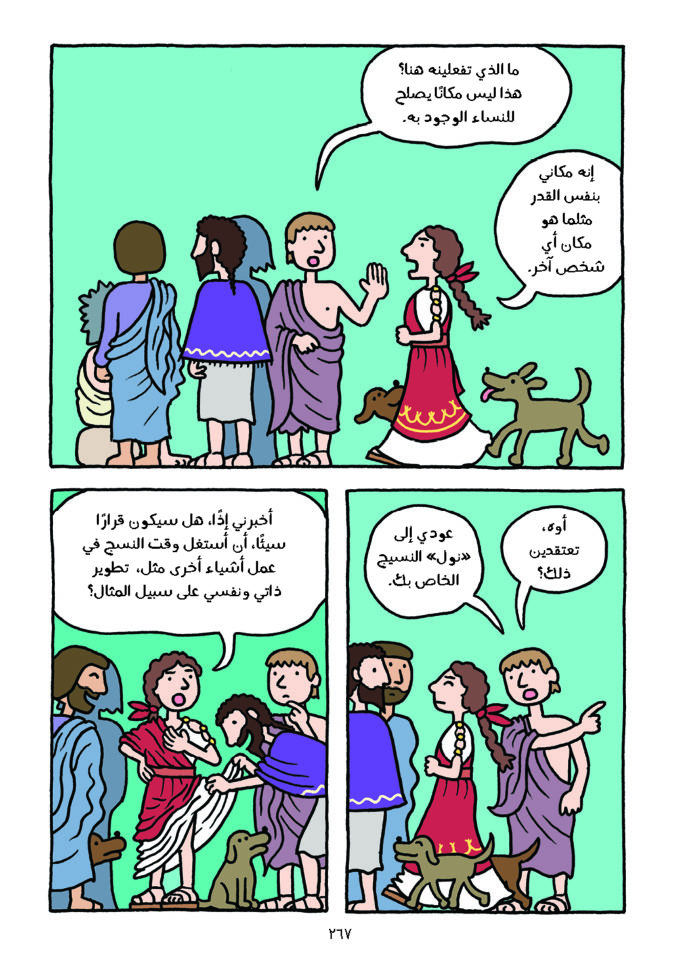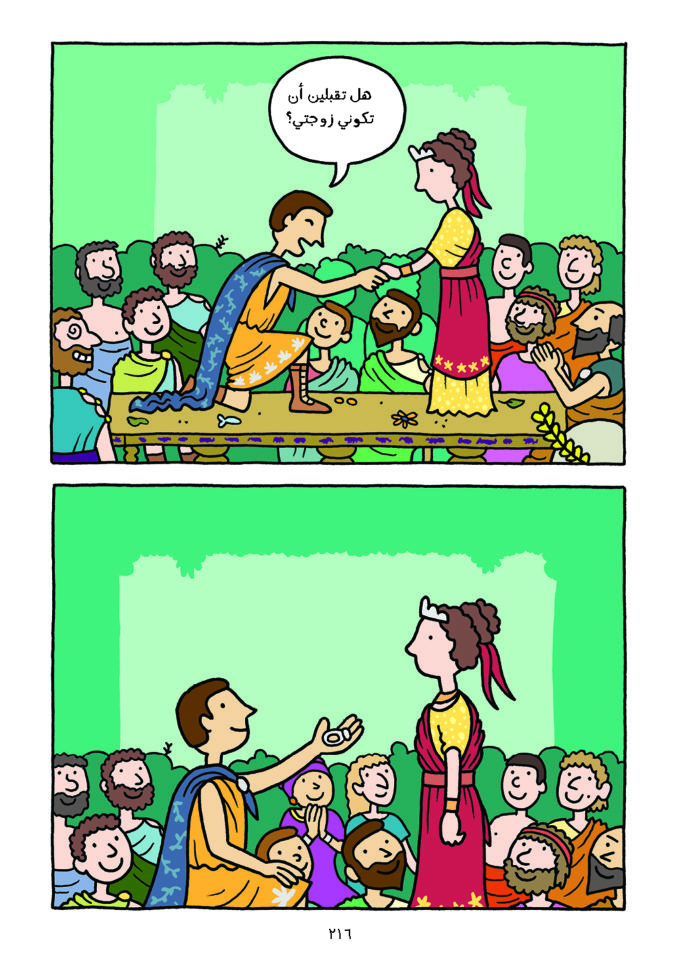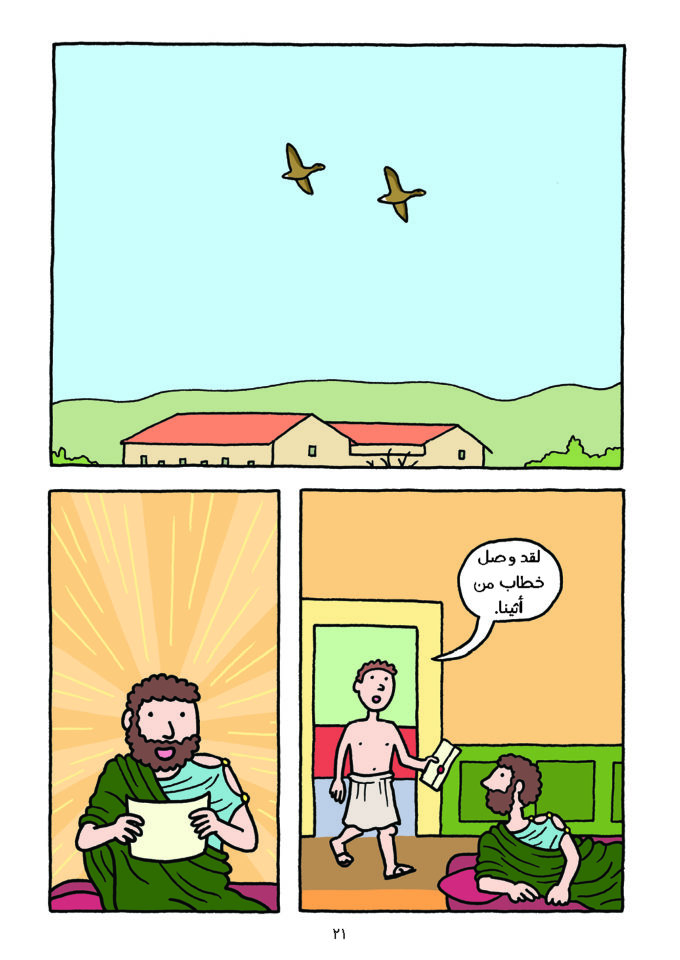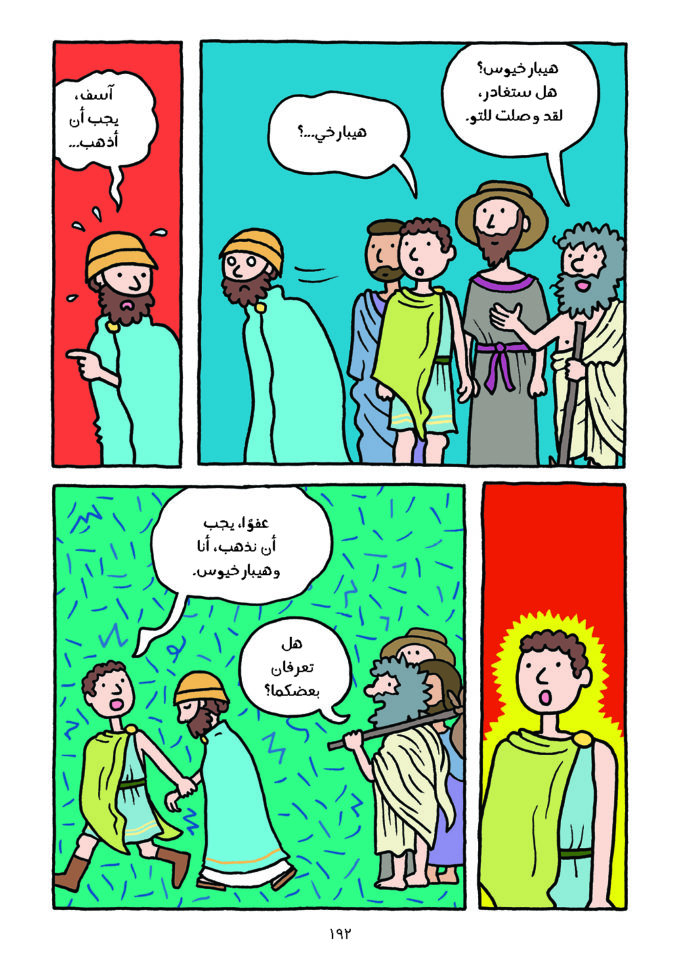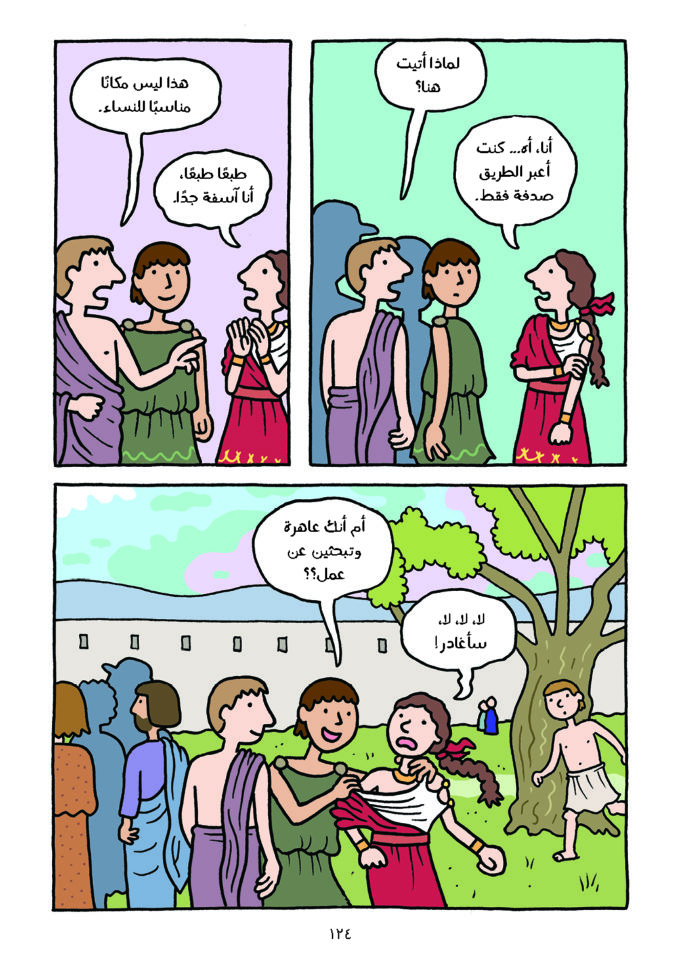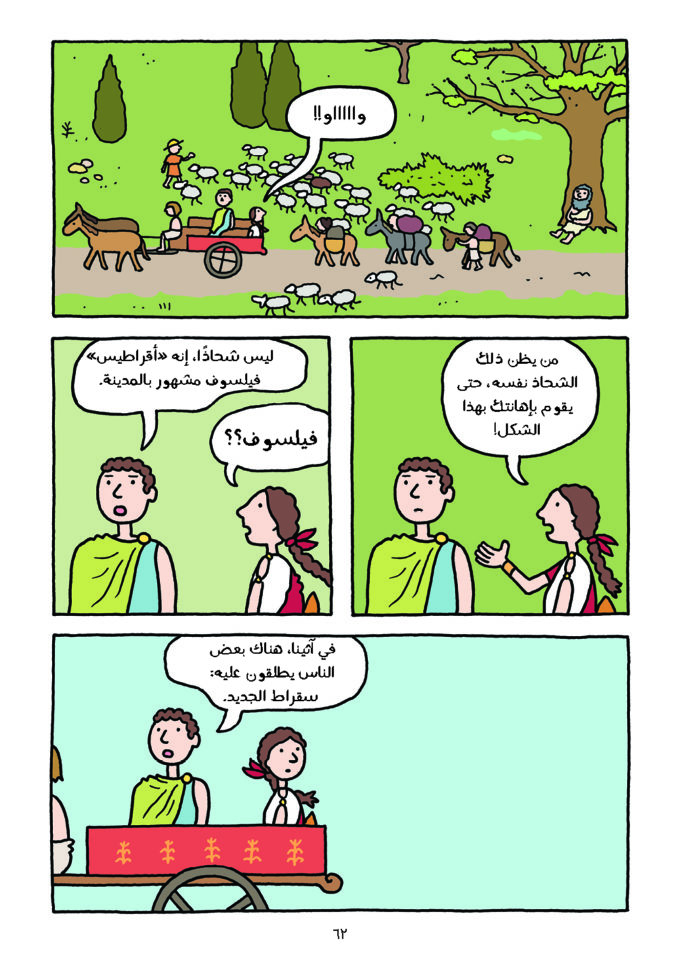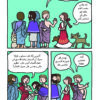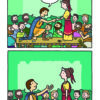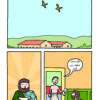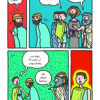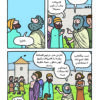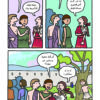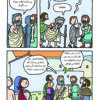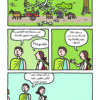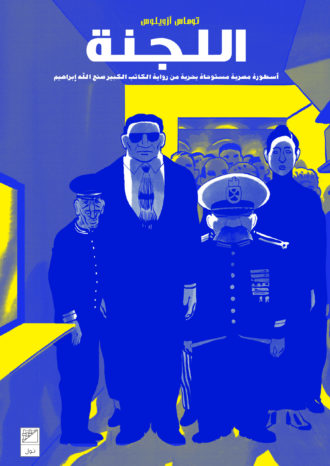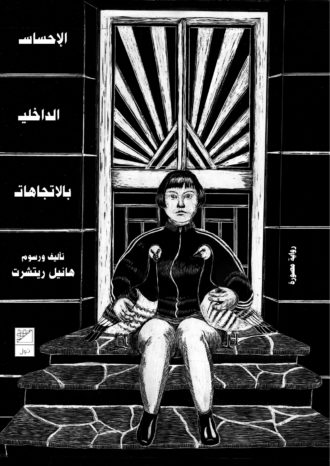It is the 4th century BC in Greece. Hipparchia is about to marry the rich son of a family friend when she meets Crates. As the marriage approaches, Hipparchia becomes more and more captivated by the views and way of life of this strange philosopher who lives like a wanderer. Gradually she starts to realize that the safe, comfortable life of luxury that has been mapped out for her is actually a life of emptiness. This book shows us that the insights from thousands of years ago are still relevant today. Crates and Hipparchia were part of the cynical philosophy. In ancient Athens, the Cynics formed a provocative movement against all conventional values. One of their fundamental principles was that we can only attain true happiness if we are independent of material possessions and social position. Hipparchia was a strong woman who had the courage to live by her own ideals, despite all the prevailing beliefs of her time.
About the Author
Barbara Stok is an award-winning comic artist from The Netherlands. She briefly studied at the Fotoacademie school of photography in The Hague and worked as a journalist before becoming a cartoonist and illustrator, working for newspapers and for a children’s TV show. Her early work was autobiographical in nature, constantly questioning the meaning of life and right and wrong, always with a light touch. She has spent the last few years studying the classical philosophers and taking philosophy classes at university. Her critically acclaimed graphic novel Vincent (SelfMadeHero, 2012), about the life of Vincent van Gogh, has been published in more than 20 countries. Stok’s fascination with philosophy led her to write The Philosopher, the Dog and the Wedding, the result of five years of research.

